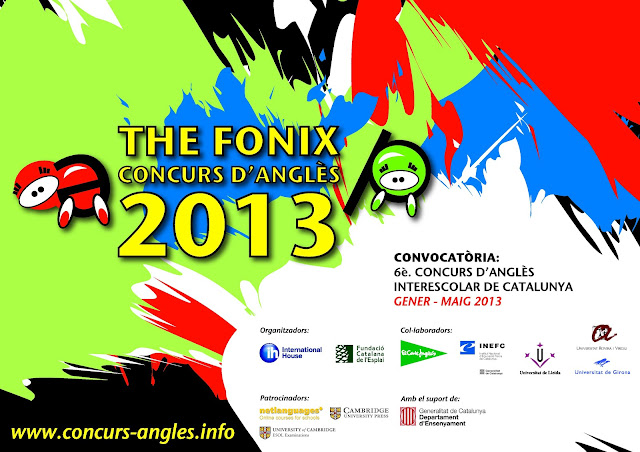 |
RICHMOND STUDENT'S DICTIONARY
|
Reasons for using a dictionary
A dictionary is a very important tool for anyone who is learning a new language. With a dictionary you can do the following:
- look up the meaning of an English word
- find the English translation of a word in your language
- check the spelling of a word
- check the plural of a noun or past tense of a verb
- find the synonym or antonym of a word
- check the part of speech of a word
- find out how to say a word
- find examples of the use of a word in natural language
Finding words quickly
Use the guide words at the top of each dictionary page; and practice until you can find any word within 10 seconds. You should also practice finding words in your own language in your bilingual dictionary. If you use an electronic dictionary, take some time at home to learn how it works and, again, practice finding words quickly.
Finding the right meaning of an English word
- First, check through all the meanings and find the one that makes most sense in the context where you found the word. (Very often, many of the different meanings are similar and this should be enough to give you a good idea what the word means.)
- Second, if you really want to make sure, think what the word is in your own language and look it up in a bilingual dictionary. If one of the English translations is the original word you looked up, then you can be satisfied that you have found the right meaning.
Finding the right spelling
Another problem you may have is when you want to check your spelling but you can’t find the word you’re looking for. What can you do?
- If you are sure of the first few letters, just look down the page until you find the right spelling. (Again, it is helpful to check the meaning is the one you expect.)
- If you are not sure of the first few letters, try some other possibilities. You know for example that some words that start with an -n sound have k as their first letter; e.g. knife, knight. So if you can't find the word under N, try looking in the K pages.
- If you still can’t find the word, think what it is in your language and look it up in your bilingual dictionary.
Finding the right English translation of a word in your language
When you look up a word in your own language in a bilingual dictionary, you will probably find that there is more than one English translation. If you are not sure which to use, you could try a back translation. This means that you look up the English translations one by one in a monolingual dictionary. If a word has a definition that matches the word in your language, you are safe to use it.
Knowing when to use the dictionary
If you look up every new word you see or hear, you will spend your whole day with the dictionary in your hand. That’s no good! You have to be clever and choose the right words to check and the right time to do it. Try to follow the advice below and you will become a much more efficient language learner:
- When you find a new word while reading, finish the sentence (better: the paragraph). If you haven’t guessed the meaning and it still seems important, then you can look it up. To avoid interrupting your reading for too long, you should find its meaning in your own language using a bilingual dictionary.
- When you hear a new word in class (or the teacher has written it on the board), wait and continue listening. What the teacher says next may help you to understand the word. If you look in your dictionary, you will not hear what comes next, and this will make understanding the lesson more and more difficult.
Information taken from FIS




















.jpg)